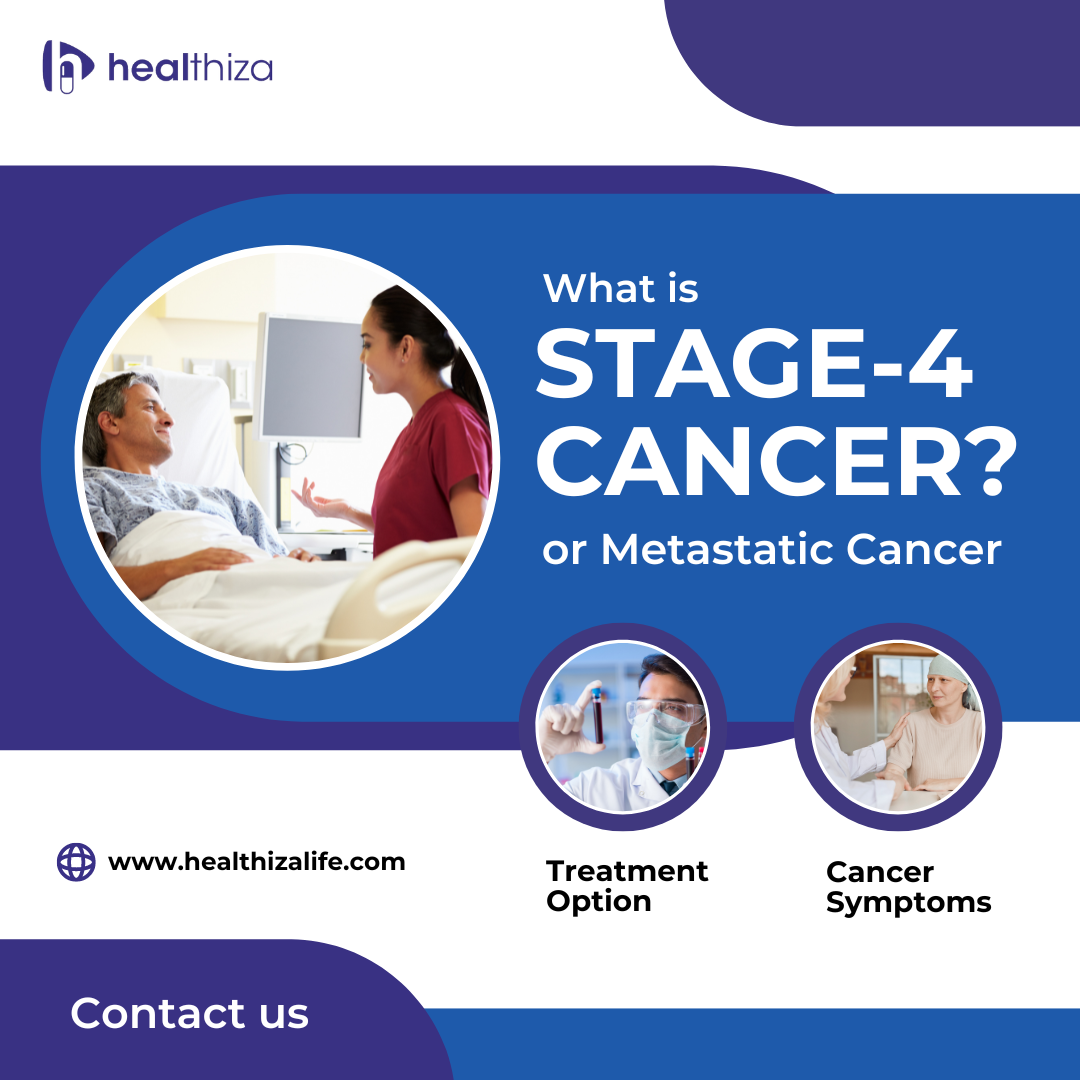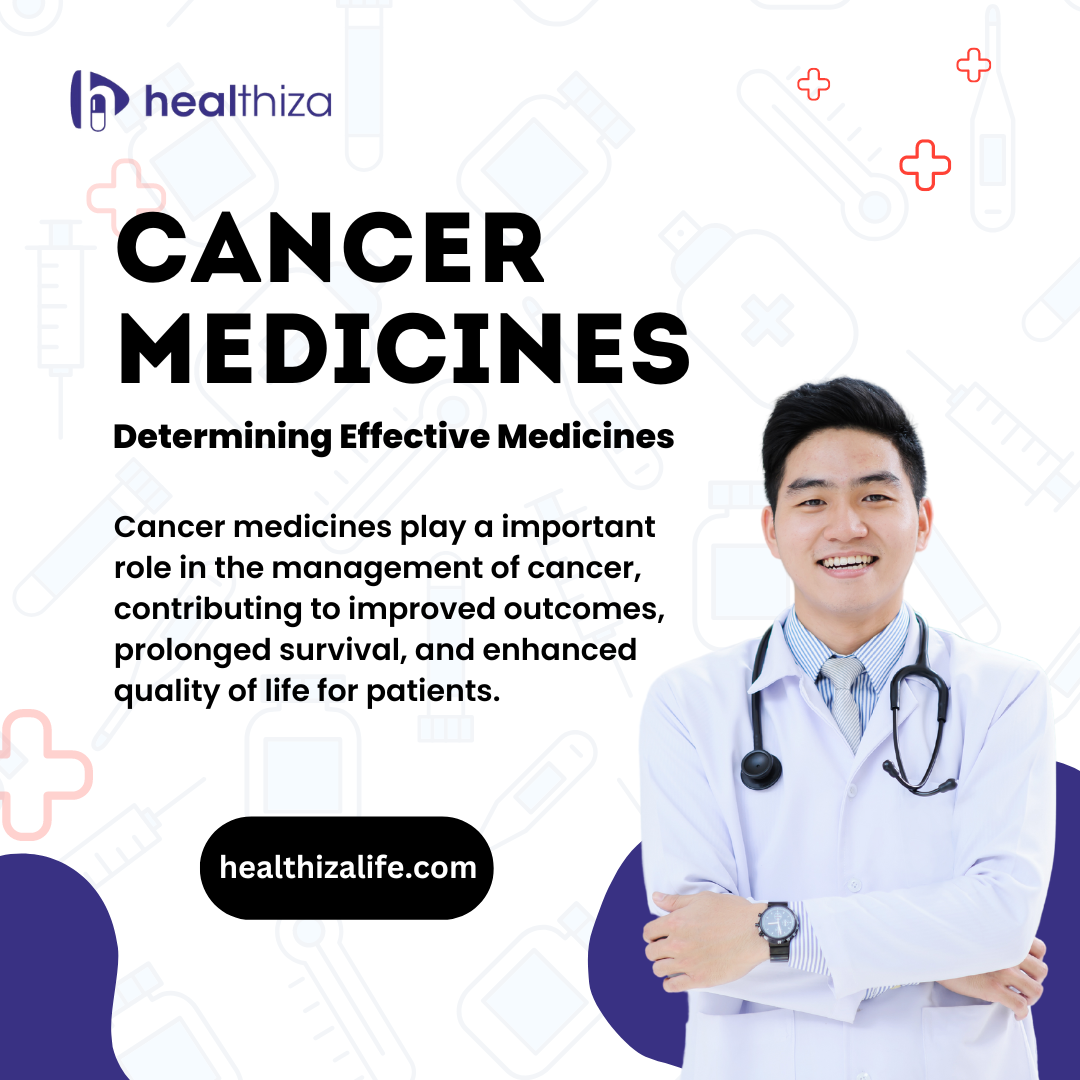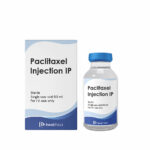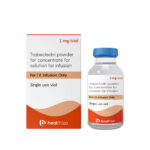Role of Clinical Trials in Developing New Anti-Cancer Medicines
What is a Clinical Trial?
Clinical trials are a scientific study conducted to evaluate the safety, efficacy, and potential side effects of new drugs, treatments, or medical interventions. It involves a carefully designed process that includes testing the intervention on human participants under controlled conditions. It plays a crucial role in advancing medical knowledge, developing new therapies, and improving patient care by providing evidence-based data on the effectiveness and safety of medical interventions.
Importance of Clinical Trials in Healthcare
Clinical trials play an essential role in advancing healthcare by contributing to developing new treatments, improving patient care, and expanding medical knowledge. Here are some key reasons why clinical trials hold significant importance in the healthcare field:
Evaluation of treatment effectiveness:
Clinical trials provide a rigorous and scientific platform to assess the effectiveness of new treatments, therapies, or interventions. By comparing them to existing standard treatments or placebos, it generate valuable data on the benefits and outcomes of different medical approaches.
Safety assessment:
Safety is an important aspect of healthcare, and clinical trials help evaluate the safety profile of new treatments. Through careful monitoring and analysis, researchers can identify potential side effects, risks, and adverse reactions associated with a treatment, ensuring patient safety.
Development of innovative therapies:
Clinical trials are instrumental in driving innovation in healthcare. They provide an avenue for testing novel therapies, drugs, medical devices, and procedures. By exploring new approaches, it contribute to the discovery of breakthrough treatments that can significantly improve patient outcomes.
Personalized medicine:
Clinical trials help advance the field of personalized medicine by identifying treatments that are tailored to specific patient populations or genetic profiles. By analyzing the effectiveness of treatments in different subgroups, clinical trials lay the foundation for targeted therapies and individualized care.
Regulatory approval:
Clinical trial data is a crucial requirement for obtaining regulatory approval for new treatments. Robust clinical trial results provide evidence of a treatment’s efficacy, safety, and benefits, allowing regulatory agencies to make informed decisions about its approval and use in clinical practice.
Expansion of medical knowledge:
Clinical trials generate a wealth of data and contribute to expanding medical knowledge. The insights gained from clinical trials help researchers better understand diseases, their mechanisms, and the effectiveness of various interventions. This knowledge fuels further research and innovation in healthcare.
Patient empowerment:
Clinical trials provide an opportunity for patients to actively participate in their own healthcare. By enrolling in clinical trials, patients can access cutting-edge treatments, receive specialized care, and contribute to the advancement of medical science.
Cancer Clinical Trials
Cancer clinical trials are essential research studies conducted to evaluate new treatments, therapies, and interventions for cancer patients in the US. These trials aim to improve cancer care, increase survival rates, and enhance the quality of life for individuals affected by cancer. Researchers investigate innovative therapies such as targeted therapies, immunotherapies, and precision medicine approaches. These trials help them to understand the effectiveness and safety of new treatments, potentially leading to breakthroughs in cancer management.
Sometimes researchers focus on personalized medicine, tailoring treatments based on individual characteristics and genetic profiles. By studying different patient subgroups, researchers can identify treatments that are more effective for specific cancer types, stages, or genetic mutations. They work to determine the efficacy of new treatments and their impact on patient outcomes. By collecting samples and comparing them, researchers try to find if the new approach offers better response rates, longer survival, or improved quality of life.
Cancer clinical trials closely monitor the safety and side effects of new treatments. Rigorous protocols ensure that patient safety remains a top priority throughout the trial. This helps researchers identify any potential risks or adverse reactions, leading to safer and more effective cancer therapies. They share data and findings to other researchers and their collective knowledge is helpful to develop better treatments.
Cancer clinical trials are crucial for improving cancer care, advancing treatment options, and enhancing patient outcomes. It is an important step in the development of new treatments and therapies. It provides a scientific and ethical framework for evaluating the safety and efficacy of new medical approaches, ensuring that patients receive the best possible care.
Drug Development for Cancer Drug
Drug development for cancer is a complex and rigorous process that involves multiple stages, from initial discovery to clinical trials and regulatory approval. Here is an overview of the steps involved in the development of cancer drugs:
Discovery and Target Identification:
Scientists and researchers identify potential targets within cancer cells that can be targeted by drugs. This involves studying the biology of cancer cells and their specific molecular abnormalities that drive tumour growth.
Preclinical Research:
Once a target is identified, extensive preclinical research is conducted to understand its function and develop drug candidates that can selectively inhibit or modulate the target. This involves testing the drug candidates in laboratory settings and animal models to assess their effectiveness and safety.
Investigational New Drug (IND) Application:
If the preclinical studies show promising results, an IND application is submitted to regulatory authorities such as the FDA. This application includes data from preclinical studies, proposed clinical trial plans, and manufacturing information.
Clinical Trials:
Clinical trials are conducted in multiple phases to evaluate the safety, dosage, effectiveness, and side effects of the drug candidate in human subjects. Phase 1 trials involve a small number of healthy volunteers or patients and focus on safety and dosage. Phase 2 trials expand the patient population to evaluate efficacy and side effects. In phase 3 trials involve a larger number of patients and compare the new drug to standard treatments or placebos. These trials generate critical data on the drug’s safety and efficacy.
New Drug Application (NDA) and Regulatory Approval:
If the results from clinical trials are positive, a New Drug Application (NDA) is submitted to regulatory authorities. The NDA includes comprehensive data from preclinical and clinical studies, manufacturing information, and proposed labelling. Regulatory authorities review the data and decide whether to approve the drug for marketing and use in patients.
Post-Approval Monitoring:
Once a cancer drug is approved, post-approval monitoring continues to assess its long-term safety and effectiveness in real-world settings. This includes ongoing pharmacovigilance, post-marketing studies, and monitoring for any new side effects or drug interactions that may emerge over time.
It’s important to note that the entire drug development process for cancer drugs can take many years and involves significant investment in research, development, and clinical trials. However, successful drug development efforts have led to the development of numerous effective therapies that have improved outcomes and survival rates for cancer patients.
Role of Clinical Trials in Developing New Anti-Cancer Medicines
Clinical trials play an important role in developing new anticancer medicines in the USA. These trials allow researchers to evaluate the safety and efficacy of new treatments and gain valuable insights into the mechanisms of action of these drugs. Some key roles of clinical trials in anti-cancer drug development are given below:
Safety and Efficacy Evaluation:
Clinical trials are designed to assess the safety and efficacy of new anti-cancer medicines. Researchers investigate the potential side effects and toxicity of the drugs. They can also find their ability to shrink tumours, prevent cancer progression, or improve survival rates. By evaluating the safety and efficacy of the drugs in controlled clinical settings, researchers can identify the optimal dosages and administration methods for these drugs.
Mechanism of Action Studies:
Clinical trials provide researchers with the opportunity to investigate the mechanisms of action of new anti-cancer medicines. By understanding how these drugs work at the molecular level, researchers can optimize their development and identify new targets for anti-cancer drug discovery.
Patient Stratification and Personalized Medicine:
Clinical trials allow researchers to stratify patients based on various factors, such as genetic profiles, tumour characteristics, or treatment history. This enables the development of personalized medicine approaches that can target specific patient populations and improve treatment outcomes.
Regulatory Approval:
Clinical trials are a prerequisite for regulatory approval of new anti-cancer medicines. The results of these trials provide regulators with the necessary data. They can evaluate the safety and efficacy of these drugs and determine their usefulness.
Conclusion
Clinical trials are of utmost importance in healthcare. It has an important role in the development of new anti-cancer medicines. It facilitates the evaluation of new treatments, ensures patient safety, drives innovation, and contributes to personalized medicine. Similarly, it enables researchers to evaluate the safety and efficacy of new drugs, investigate their mechanisms of action, and develop personalized medicine approaches. Without clinical trials, the development of new anti-cancer medicines would be significantly hindered, and patients would not have access to the latest and most effective treatments.
Also Read,






 Bevacizumab Injection is a cancer-fighting medicine. It’s used to treat colon and rectum cancers, as well as non-small cell lung cancer, kidney cancer, brain tumours, and ovarian and cervical cancers. It helps to halt tumour growth by preventing the creation of new blood vessels that feed tumours. When used with other cancer medications, bevacizumab Injection is an excellent first-line choice.
Bevacizumab Injection is a cancer-fighting medicine. It’s used to treat colon and rectum cancers, as well as non-small cell lung cancer, kidney cancer, brain tumours, and ovarian and cervical cancers. It helps to halt tumour growth by preventing the creation of new blood vessels that feed tumours. When used with other cancer medications, bevacizumab Injection is an excellent first-line choice.  Trastuzumab injection is a type of anticancer medicine that is used to treat some types of breast, stomach, and esophageal cancers. It is sometimes used in conjunction with other cancer drugs. This medicine is used to treat cancers that produce an excessive amount of a chemical known as HER2 protein. It is a drug that works by slowing or preventing the growth of cancer cells. It is occasionally used when cancer has spread to other places of the body.
Trastuzumab injection is a type of anticancer medicine that is used to treat some types of breast, stomach, and esophageal cancers. It is sometimes used in conjunction with other cancer drugs. This medicine is used to treat cancers that produce an excessive amount of a chemical known as HER2 protein. It is a drug that works by slowing or preventing the growth of cancer cells. It is occasionally used when cancer has spread to other places of the body.  Paclitaxel Injection is an effective anticancer medicine. It is used to treat Breast, Pancreatic, and non-small cell Lung cancer. This medication can be used alone or in conjunction with other drugs or treatments such as chemotherapy. It improves breast cancer symptoms such as breast lumps, bloody nipple discharge, and changes in the form or texture of the breast. Paclitaxel Injection destroys or slows the tumour growth while also preventing them from multiplying.
Paclitaxel Injection is an effective anticancer medicine. It is used to treat Breast, Pancreatic, and non-small cell Lung cancer. This medication can be used alone or in conjunction with other drugs or treatments such as chemotherapy. It improves breast cancer symptoms such as breast lumps, bloody nipple discharge, and changes in the form or texture of the breast. Paclitaxel Injection destroys or slows the tumour growth while also preventing them from multiplying.  Bortezomib injection is an anticancer medicine that is used to treat multiple myeloma and mantle-cell lymphoma. It works by preventing or decreasing protein degradation in cells. As a result, the number of proteins in cancer cells increases, leading to their elimination.
Bortezomib injection is an anticancer medicine that is used to treat multiple myeloma and mantle-cell lymphoma. It works by preventing or decreasing protein degradation in cells. As a result, the number of proteins in cancer cells increases, leading to their elimination.  Abiraterone Acetate Tablets are a cancer-fighting drug. It works by suppressing the generation of androgen (male hormone) in men to treat prostate cancer that has progressed to other parts of the body. It is prescribed for men who are unable to treat their prostate cancer with surgeries or other medications. Abiraterone acts by inhibiting the production of androgen in the body. Androgens are man hormones that can encourage prostate gland tumour growth.
Abiraterone Acetate Tablets are a cancer-fighting drug. It works by suppressing the generation of androgen (male hormone) in men to treat prostate cancer that has progressed to other parts of the body. It is prescribed for men who are unable to treat their prostate cancer with surgeries or other medications. Abiraterone acts by inhibiting the production of androgen in the body. Androgens are man hormones that can encourage prostate gland tumour growth.  Dasatinib tablet is used to treat blood cancer (chronic myeloid leukemia-CML, acute lymphoblastic leukemia-ALL). It is used in people whose condition has not responded to existing leukaemia medicines or who are unable to use these medications due to side effects. It works by stopping or preventing cancer cell proliferation.
Dasatinib tablet is used to treat blood cancer (chronic myeloid leukemia-CML, acute lymphoblastic leukemia-ALL). It is used in people whose condition has not responded to existing leukaemia medicines or who are unable to use these medications due to side effects. It works by stopping or preventing cancer cell proliferation.  It is used in the treatment of Breast cancer, Pancreatic cancer, Lung cancer and Kidney cancer. Moreover, it is also used to control the immune system during organ transplantation. A transplanted organ, such as a liver or kidney, can potentially be attacked or “rejected” by the immune system. Because the immune system considers the new organ as an invader. Everolimus tablet is used to keep organs from rejecting following a kidney or liver transplant. It controls the immune response of the body so that the new organ can be accepted.
It is used in the treatment of Breast cancer, Pancreatic cancer, Lung cancer and Kidney cancer. Moreover, it is also used to control the immune system during organ transplantation. A transplanted organ, such as a liver or kidney, can potentially be attacked or “rejected” by the immune system. Because the immune system considers the new organ as an invader. Everolimus tablet is used to keep organs from rejecting following a kidney or liver transplant. It controls the immune response of the body so that the new organ can be accepted.  Erlotinib tablet is used to cure certain types of non-small cell lung cancer that have progressed to neighbouring tissues in patients who have failed to respond to at least one other chemotherapy medicine. It is also used in conjunction with another drug “gemcitabine” to cure pancreatic cancer that has progressed to neighbouring tissues or other parts of the body and is resistant to surgery. It works by preventing cancer cells from multiplying by stopping the action of an aberrant protein. This slows or stops cancer cells from spreading.
Erlotinib tablet is used to cure certain types of non-small cell lung cancer that have progressed to neighbouring tissues in patients who have failed to respond to at least one other chemotherapy medicine. It is also used in conjunction with another drug “gemcitabine” to cure pancreatic cancer that has progressed to neighbouring tissues or other parts of the body and is resistant to surgery. It works by preventing cancer cells from multiplying by stopping the action of an aberrant protein. This slows or stops cancer cells from spreading.  Fulvestrant injection is often used alone or in combination with other medications to treat advanced breast cancer or breast cancer that has spread to other parts of the body in women who have gone through menopause and have not been treated with an anti-estrogen medication like tamoxifen.
Fulvestrant injection is often used alone or in combination with other medications to treat advanced breast cancer or breast cancer that has spread to other parts of the body in women who have gone through menopause and have not been treated with an anti-estrogen medication like tamoxifen.  Bendamustine injection is used to treat chronic lymphocytic leukaemia (CLL) (CLL; a type of cancer of the white blood cells). It is also used to treat a kind of slow-spreading non-Hodgkins lymphoma (NHL: cancer that starts in a type of white blood cell that ordinarily fights infection) that has worsened during or after therapy with another drug. This injection can be used alone as well as in conjunction with other medications as part of a chemotherapy treatment plan. It works by eliminating existing cancer cells and stopping new cancer cells from growing.
Bendamustine injection is used to treat chronic lymphocytic leukaemia (CLL) (CLL; a type of cancer of the white blood cells). It is also used to treat a kind of slow-spreading non-Hodgkins lymphoma (NHL: cancer that starts in a type of white blood cell that ordinarily fights infection) that has worsened during or after therapy with another drug. This injection can be used alone as well as in conjunction with other medications as part of a chemotherapy treatment plan. It works by eliminating existing cancer cells and stopping new cancer cells from growing.  Cetuximab Injection is used to treat a kind of head and neck cancer that has progressed to neighbouring tissues or other sections of the body. It is also used to treat a form of colon (large intestine) or rectum cancer that has progressed to other parts of the body, either alone or in conjunction with other drugs. It helps to slow down or prevent cancer cell proliferation.
Cetuximab Injection is used to treat a kind of head and neck cancer that has progressed to neighbouring tissues or other sections of the body. It is also used to treat a form of colon (large intestine) or rectum cancer that has progressed to other parts of the body, either alone or in conjunction with other drugs. It helps to slow down or prevent cancer cell proliferation.  It is used in the treatment of chronic lymphocytic leukaemia (CLL; a form of white blood cell cancer) in individuals who have failed to improve after receiving at least one other treatment. Fludarabine injection belongs to the purine analogues class of drugs. It works by reducing or preventing cancer cell development in the body.
It is used in the treatment of chronic lymphocytic leukaemia (CLL; a form of white blood cell cancer) in individuals who have failed to improve after receiving at least one other treatment. Fludarabine injection belongs to the purine analogues class of drugs. It works by reducing or preventing cancer cell development in the body.  Trabectedin Injection is used in the treatment of liposarcoma (fat cell cancer) or leiomyosarcoma (smooth muscle cancer) that has migrated to other areas of the body and cannot be cured with surgery in persons who have already received specific chemotherapy drugs. It works by reducing or preventing cancer cell development in the body.
Trabectedin Injection is used in the treatment of liposarcoma (fat cell cancer) or leiomyosarcoma (smooth muscle cancer) that has migrated to other areas of the body and cannot be cured with surgery in persons who have already received specific chemotherapy drugs. It works by reducing or preventing cancer cell development in the body.  Procarbazine Capsule is used in the treatment of Hodgkin’s disease, commonly known as Hodgkin’s lymphoma. It functions by preventing the creation of proteins, RNA, and DNA, which is helpful in halting the expansion of cancer cells within the body.
Procarbazine Capsule is used in the treatment of Hodgkin’s disease, commonly known as Hodgkin’s lymphoma. It functions by preventing the creation of proteins, RNA, and DNA, which is helpful in halting the expansion of cancer cells within the body.  Gefitinib Tablets is a non-steroidal anti-inflammatory drug (NSAID) that is used to treat cell lung cancer. It is a type of anticancer medicines that prevents cancer cells from growing and spreading in the body. It’s utilised in people who have cancer that’s progressed to other parts of their bodies, have faulty epidermal growth factor receptor (EGFR) genes, and haven’t had previous cancer treatment.
Gefitinib Tablets is a non-steroidal anti-inflammatory drug (NSAID) that is used to treat cell lung cancer. It is a type of anticancer medicines that prevents cancer cells from growing and spreading in the body. It’s utilised in people who have cancer that’s progressed to other parts of their bodies, have faulty epidermal growth factor receptor (EGFR) genes, and haven’t had previous cancer treatment. 